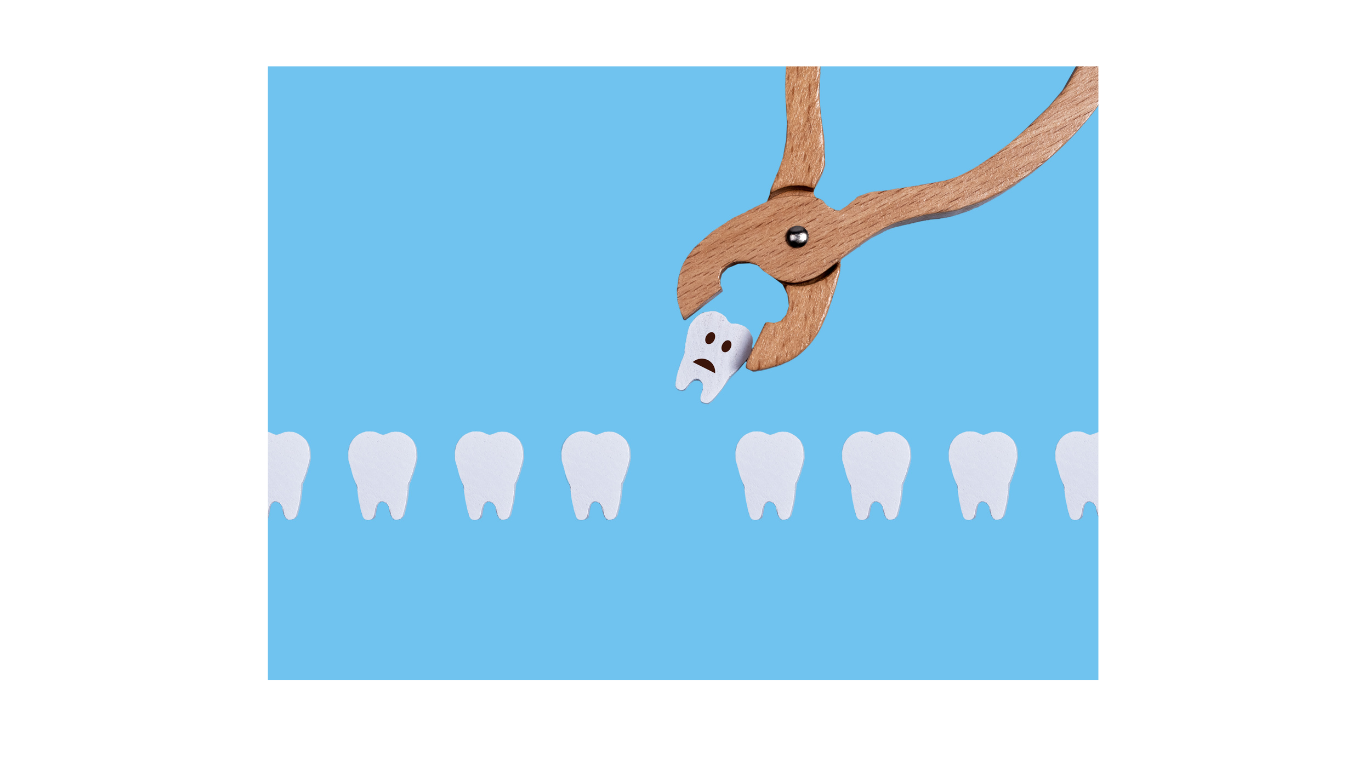Extractions

Oral Extractions: Expert Care, Gentle Approach
Oral extractions, commonly known as tooth removal, are dental procedures performed with precision and care to address various dental issues. While the idea of having a tooth extracted might seem daunting, modern dentistry has made this procedure considerably comfortable and efficient. Dentists recommend extractions for a range of reasons, including severe tooth decay, advanced gum disease, crowded teeth, or to prepare for orthodontic treatment. Understanding the process and the compassionate approach of dental professionals can alleviate any concerns you might have about this common dental procedure.
The Extraction Process:
1. Assessment: Before an extraction, your dentist conducts a thorough examination and may take X-rays to assess the tooth's position and surrounding structures.
2. Local Anesthesia: To ensure you are comfortable and pain-free during the procedure, your dentist administers a local anesthetic to numb the affected area. In some cases, sedation dentistry options might be available for patients with anxiety or more complex extractions.
3. Extraction: Using specialized tools, the dentist gently loosens the tooth from its socket. In some cases, a small incision in the gum tissue might be necessary to remove the tooth.
4. Aftercare: After the extraction, your dentist provides detailed instructions on post-extraction care. This typically involves avoiding certain foods, activities, and providing you with pain relief medications if necessary.
Compassionate and Gentle Dentistry:
Dental professionals understand that the prospect of an extraction can cause anxiety for many patients. Hence, they prioritize your comfort, employing a gentle touch and compassionate approach throughout the procedure. Patient comfort and safety are paramount, ensuring that you experience minimal discomfort and a swift recovery.
Why Oral Extractions Are Necessary:
1. Relieving Pain: Extracting a severely damaged or infected tooth can alleviate chronic pain and discomfort.
2. Preventing Spread of Infection: Extraction prevents the spread of infection to neighboring teeth and gums, preserving overall oral health.
3. Creating Space: Extractions are often necessary to create space for orthodontic treatments, ensuring teeth alignment and a balanced bite.
4. Preserving Oral Health: Removing compromised teeth can prevent oral health issues from worsening, promoting the overall health of your mouth.
Whether it's a wisdom tooth causing discomfort or a damaged tooth affecting your oral health, oral extractions are a common and safe dental procedure. Dentists prioritize your well-being, ensuring that extractions are carried out with expertise and compassion, allowing you to maintain a healthy and comfortable smile. If you have concerns about a specific tooth or are experiencing dental discomfort, consult your dentist for professional advice tailored to your unique needs.
BROWSE OUR WEBSITE
Reading Square: 636 Main Street
Reading, MA 01867
Fax: 781-944-0454
Lawrence: 160 Winthrop Avenue
South Lawrence, MA 01843
Stadium Plaza Rte. 114 at 495
Fax: 978-725-6699
Haverhill: 108 Merrimack St.,
Haverhill, MA 01830
Fax: 978-521-3988